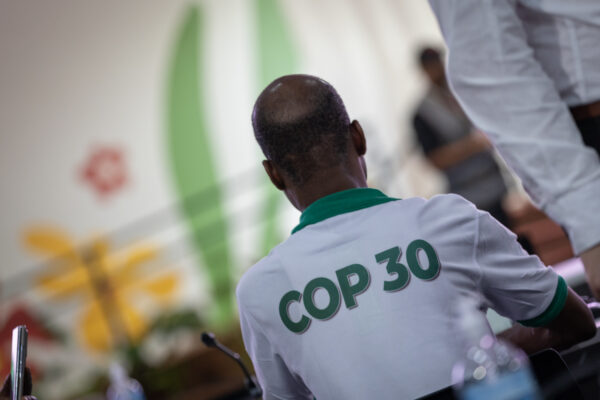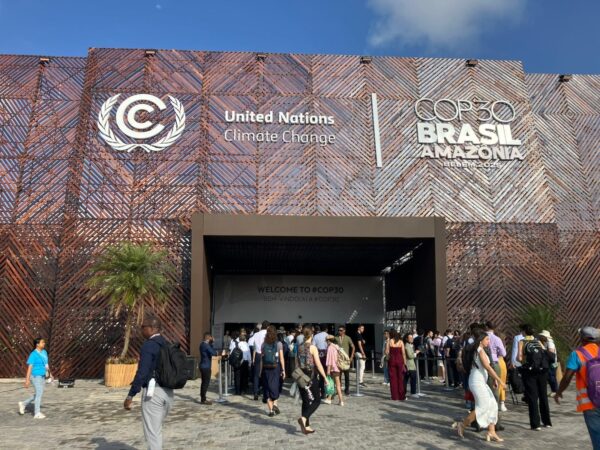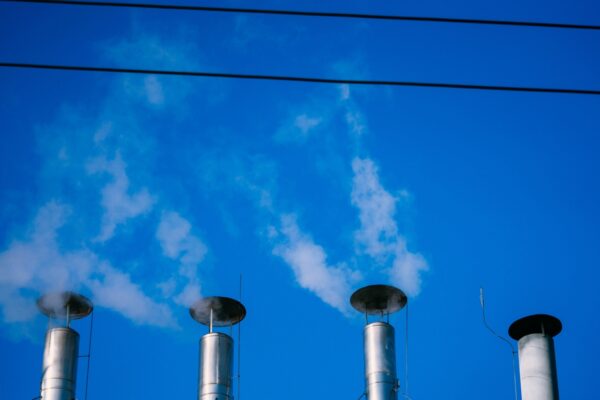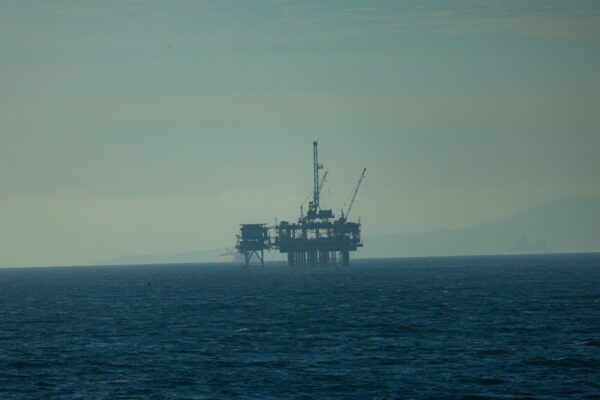Major international project to tackle climate change resilience in the Horn of Africa
Share
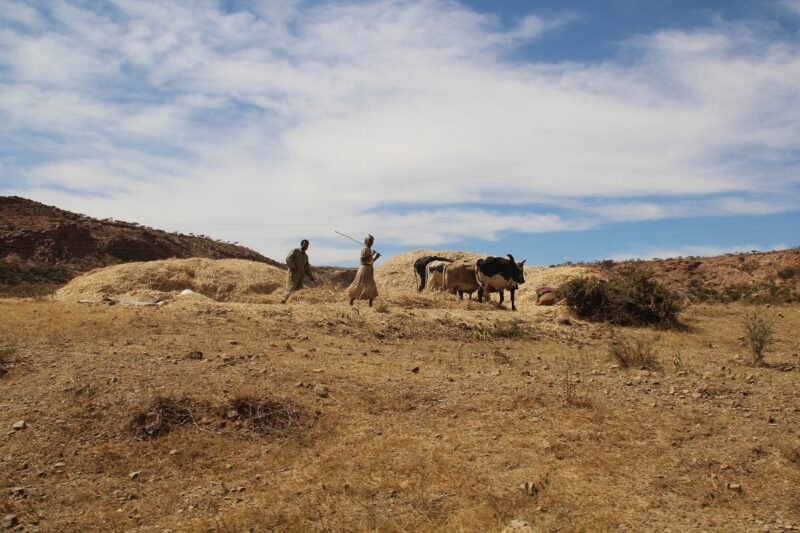
An international team of researchers and organisations has been awarded over €6.7M from EU Horizon 2020 to help tackle food and water insecurity in the Horn of Africa Drylands (HAD).
Led by scientists at Cardiff University with substantial contributions from 13 other partners in 7 countries, including Climate Analytics, the EU project, called DOWN2EARTH, will employ state-of-the-art seasonal forecasts and decadal projections of climate change and translate this into clear and concise information that can be used by farmers and pastoralists, communities, NGOs and governments to mitigate the negative impacts of climate change on rural livelihoods.
A major component of DOWN2EARTH involves improving the accuracy of forecasting climate variability in critical rainy seasons and assessing its impact on the total amount of water stored in soils for agriculture and deeper underground for drinking water supplies.
This improved forecasting will help to better predict impacts on farming, food and water production and increase resilience across this extremely vulnerable region, allowing the population to make better, more informed decisions.
“Adaptation to climate change requires better and more timely information about the expression of climate at the land surface, in soil moisture required to grow crops and groundwater for drinking,” said Principal Investigator of DOWN2EARTH Dr Michael Singer, from Cardiff University’s School of Earth and Ocean Sciences and Water Research Institute.
Using desktop and mobile phone apps, information projecting water storage and crop yield will be delivered to decision makers in the region, including rural agro-pastoralist villagers planting crops and moving herds, government ministries implementing land and water management policies, and NGOs responding to drought-related famine.
To ensure its usefulness in local and regional decision making, information will be based on the best available climate forecasts and co-developed with stakeholders.
“Climate Analytics has had extensive experience in working with policymakers in developing countries, including in Africa. Our approach, demonstrated through projects such as ISIpedia or Science-based Adaptation Planning in Sub-Saharan Africa, ensures that plans to prepare for climate change are co-designed with national bodies and scientists, and tailored to the to the national context,” says Inga Menke, who leads the project at Climate Analytics.
“Our role will be to integrate regional climate outputs from modelling results into existing policy frameworks for water management, food security, and land use. We need to understand local knowledge in order to do this, so we will be hiring a regional climate policy expert in Kenya in 2021 and engaging in a series of workshops with policy makers and the agro-pastoralist communities in the region,” she added.
The project focuses on the Horn of Africa drylands (HAD) in Kenya, Somalia, and Ethiopia, one of the most food insecure regions on Earth. The rural communities of the HAD are particularly vulnerable to food insecurity and associated economic losses during drought conditions due to low socio-economic levels and limited ability to respond to these climatic shocks.
Under the influence of climate change, the “new normal” in the HAD will be characterised by March-to-May drought about every other year, but it is unclear whether other rainy months will support opportunities for adaptation to this drought-prone situation.
The project will also assess the socio-economic dimensions and human dynamics of climate change including feedback between climatic shocks, human behaviour and policy implementation.
Ultimately, DOWN2EARTH aims to strengthen regional climate services through capacity building, citizen science, information dissemination, expansion of data networks, and policy implementation. By combining the local needs of rural villagers and the best available climate change data, the project supports the co-creation of new climate adaptation policies.
Part of this work will be undertaken by project partners BBC Media-Action, who will be developing and training radio stations in the region to produce new programmatic content addressing issues of climate change adaptation, as part of the effort to improve climate change messaging and decision making options in other regions.

